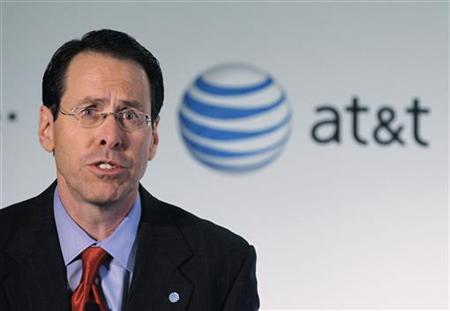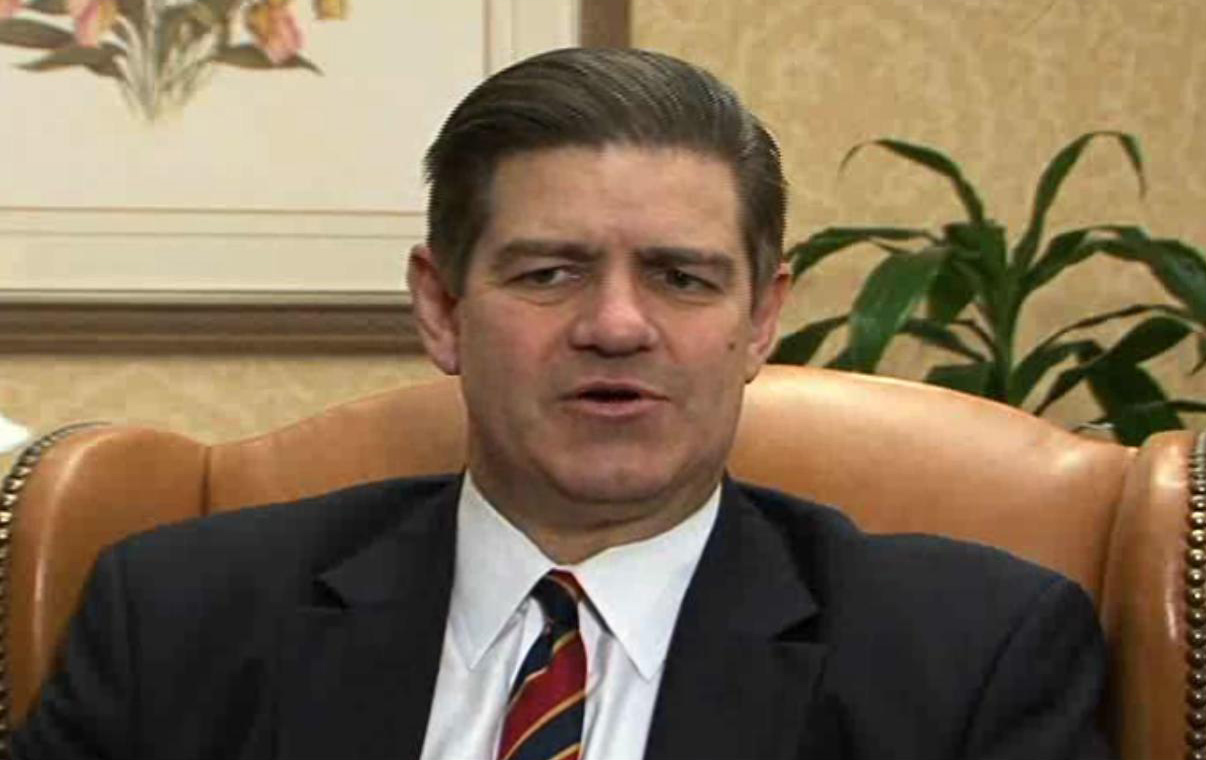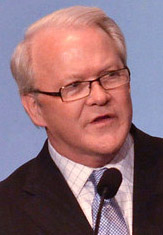
OKLAHOMA CITY (BP) — New leadership is needed for the Boy Scouts of America, a key Southern Baptist leader, Frank Page, said Thursday (Feb. 14) in Oklahoma City.
 “I think it’s time for Scouting people across the nation to rise up and ask for a change in leadership in Scouting,” Page, president of the Southern Baptist Convention’s Executive Committee, told editors of state Baptist papers during their annual meeting.
“I think it’s time for Scouting people across the nation to rise up and ask for a change in leadership in Scouting,” Page, president of the Southern Baptist Convention’s Executive Committee, told editors of state Baptist papers during their annual meeting.
“[W]e need Scouting executives with backbone,” Page said.
Page did not mention specific names. The chief executives of AT&T and Ernst & Young, however, have been proponents of changing Scout policy to permit openly gay Scout troop leaders and members.
“I don’t think the national leaders have listened carefully to the local people,” Page said, referring to the push within Scouting’s 64-member Executive Board to abandon the BSA’s male leadership/membership tradition.
“The local people are torn up over this,” Page said.

The proposed policy, which called for local Scout councils and troops to begin determining their own leadership and membership policies, generated heavy media attention as well as alarm among many churches with Scout troops.
While local Scout organizations could hold to “biblical standards of morality” under the proposed policy, Page noted that “as soon as those Scouts leave … [for] a state or national camping event, national rules apply….
 “At some point, the national policy shift will trump local automony,” Page said, and church-based Scout troops will forfeit their standards “when they move beyond the bounds of their local organization.”
“At some point, the national policy shift will trump local automony,” Page said, and church-based Scout troops will forfeit their standards “when they move beyond the bounds of their local organization.”
Page made his comments during the Feb. 11-14 meeting of the Association of State Baptist Publications in Oklahoma City.
In conversations with national Scouting representatives prior to the BSA Executive Board’s recent meeting, they were “resolute to move forward with their change in policy,” Page said. “I think they’re hoping that the conservative furor will die down and they’ll move forward with that which they purposed in the first place.”
Asked what churches with Scout troops can do, Page said, “I’m encouraging churches to pray about their future involvement…. Pray about where God would lead you in this regard.”
Scouting’s chief executive, Wayne Brock, assumed the position last September and, according to a BSA news release in December, is a Southern Baptist. Brock has not issued a personal statement about the proposed policy, although the organization described it in a Feb. 4 news release issued at the outset of the BSA Executive Board’s three-day meeting. The move came just six months after the Scouts reaffirmed the current policy prohibiting openly gay leaders and members following a two-year review.
The two high-profile corporate executives on the Scouts’ Executive Board who have made clear their support of a policy change are Randall Stephenson of AT&T and James Turley of Ernst & Young.
Neither Stephenson nor Turley issued statements following the Executive Board’s reticence to move forward with the new policy, according to media reports. Stephenson, according to The Washington Post, is “on track to become president of the Scouts’ national board in 2014.”
Turley, in a statement in June 2012, stated, “Ernst & Young is proud to have such a strong record in LGBT [lesbian, gay, bisexual, transgender] inclusiveness. As CEO, I know that having an inclusive culture produces the best results, is the right thing for our people and makes us a better organization. My experience has led me to believe that an inclusive environment is important throughout our society and I am proud to be a leader on this issue. I support the meaningful work of the Boy Scouts in preparing young people for adventure, leadership, learning and service, however the membership policy is not one I would personally endorse. As I have done in leading Ernst & Young to being a most inclusive organization, I intend to continue to work from within the BSA Board to actively encourage dialogue and sustainable progress.”
Last year AT&T and Ernst & Young each received a perfect score of 100 for their policies affirming homosexuality, according to a yearly ranking from the Human Rights Campaign, the nation’s largest gay group. An Ernst & Young employee, Bryan Parsons, sits on HRC’s Human Rights Campaign Business Council, which according to HRC, provides advice and counsel to HRC “on lesbian, gay, bisexual and transgender workplace issues based on their business experience and knowledge.”
Page’s mid-February comments on the proposed change weren’t his first.
After the BSA Executive Board’s Feb. 6 decision to defer action on the proposed policy to the BSA National Council, Page stated, “While I wish they had put this to rest by voting to maintain their current policy, at least this gives all segments of the Scouting family an opportunity to express their views to the Scouting leadership. I urge all Bible-believing Christians to continue to pray that the Boy Scouts will hold fast to the biblical principles of morality and righteousness when they revisit this issue in May.”
In a segment on CNN on Feb. 6, Page said the issue is about discrimination and intolerance “toward a private group [BSA] who holds to biblical morality, which does reveal righteousness and unrighteousness. It’s about a systemic attempt to hurt, to change a private organization that holds to certain beliefs. That’s what this is about. It is about discrimination and intolerance toward those who hold a biblical morality. And it’s a sad day when we, they cannot express their beliefs and hold to them.”
Other Southern Baptist leaders have joined Page in publicly stating their dismay at the possible change in Boy Scout policy.
Fred Luter, president of the Southern Baptist Convention, stated after initial news reports on Scouting’s potential departure from its standards, “This is a tradition that so many of us across the country grew up in. We were in Cub Scouts and Boy Scouts in elementary school, and this organization has always stood for biblical principles — all the things that grounded our lives as a young kid growing up. To now see this organization that I thought stood on biblical principles about to give in to the politically correct thing is very disappointing.” Luter, pastor of Franklin Avenue Baptist Church in New Orleans, predicted that “a lot of [churches] will just pull out” if the policy is adopted.
Richard Land, president of the Ethics & Religious Liberty Commission, penned a letter to the Boy Scouts Jan. 31, asserting that changing the current policy defies common sense.
“[W]ith the admission of homosexual Scout leaders, the BSA would place men, who by their own definition are sexually attracted to men, in close, supervisory proximity to teenage boys…,” Land wrote. “[H]ow many parents would send their teenage daughters on camping trips with heterosexual male troop leaders? They would not…,” he wrote. “[T]hey realize that under such close, supervisory care of men who by definition are attracted to women, human tragedies could, and inevitably would, occur.”
–30–
Art Toalston is editor of Baptist Press. BP associate editor Michael Foust contributed to this report. Get Baptist Press headlines and breaking news on Twitter (@BaptistPress), Facebook (Facebook.com/BaptistPress ) and in your email ( baptistpress.com/SubscribeBP.asp).















